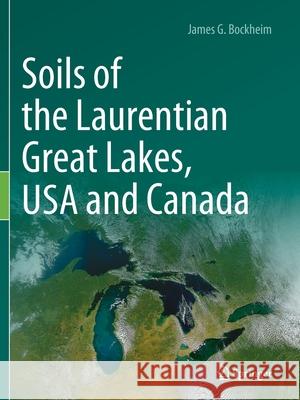Soils of the Laurentian Great Lakes, USA and Canada » książka
topmenu
Soils of the Laurentian Great Lakes, USA and Canada
ISBN-13: 9783030524272 / Angielski / Miękka / 2021 / 227 str.
Soils of the Laurentian Great Lakes, USA and Canada
ISBN-13: 9783030524272 / Angielski / Miękka / 2021 / 227 str.
cena 523,30
(netto: 498,38 VAT: 5%)
Najniższa cena z 30 dni: 501,19
(netto: 498,38 VAT: 5%)
Najniższa cena z 30 dni: 501,19
Termin realizacji zamówienia:
ok. 22 dni roboczych
Dostawa w 2026 r.
ok. 22 dni roboczych
Dostawa w 2026 r.
Darmowa dostawa!
Kategorie:
Kategorie BISAC:
Wydawca:
Springer
Język:
Angielski
ISBN-13:
9783030524272
Rok wydania:
2021
Wydanie:
2021
Ilość stron:
227
Waga:
0.56 kg
Wymiary:
27.94 x 20.96 x 1.32
Oprawa:
Miękka
Wolumenów:
01
Dodatkowe informacje:
Glosariusz/słownik
Wydanie ilustrowane
Wydanie ilustrowane











